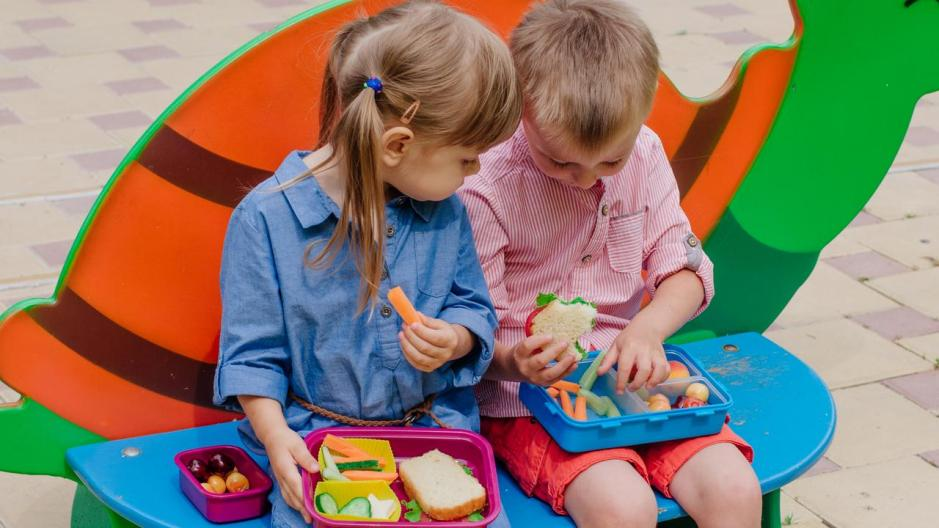专家推动澳洲学校为孩子提供午餐!

Adelaide nutrition experts are persuading South Australian policy advisers to introduce school lunches, arguing that schools—not parents—are best placed to deliver a more nutritious meal.
This latest push follows a study published in January 2021 by the same researchers from Flinders University’s Caring Futures Institute, which found there would be benefits in Australia adopting a school-provided lunch model, where kids are each given the same thing to eat.
Institute deputy director Professor Rebecca Golley said it could be the best way to improve children’s nutrition across the nation. “The meal would be prepared onsite and served to children in their classroom, school or dining hall or schoolyard,” Prof Golley said. “Good nutrition during children’s school years supports their growth, learning and development with primary school-aged children consuming up to almost half of their daily energy intake during school hours. Given the number of days children spend at school, the quality of the lunch boxes really could make a significant difference in improving children’s diet quality. There’s a benefit too for children’s behaviour in class and their learning outcomes,” she said. “By children being provided with healthy meals at school, we think it will help children to concentrate in the classroom and support their learning.”
The researchers have begun lobbying the Commissioner for Children and Young People SA for a pilot program to introduce school lunches in that state, as Flinders’ latest national survey shows the plan has strong support from parents. The move would end the morning rush to pack lunch boxes, with many time-poor families ready to let schools take the lead on what to feed their children. The plan would cost as little as $4 a day per child, according to the researchers, who are promoting the plan at academic conferences. “A total of 86 per cent of Australian parents surveyed see school-provided meals as a great solution with health, learning, social and environmental benefit,” Prof Golley said.
Supporters say as well as ensuring good nutrition for children who may miss out on a lunch box or have one heavy on sugary treats, the move would be a way of encouraging children to try new types of food they don’t experience at home.
本时文内容由奇速英语国际教育研究院原创编写,未经书面授权,禁止复制和任何商业用途,版权所有,侵权必究!(作者投稿及时文阅读定制请联系微信:18980471698)